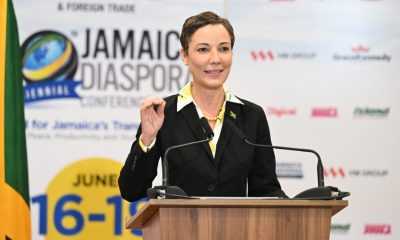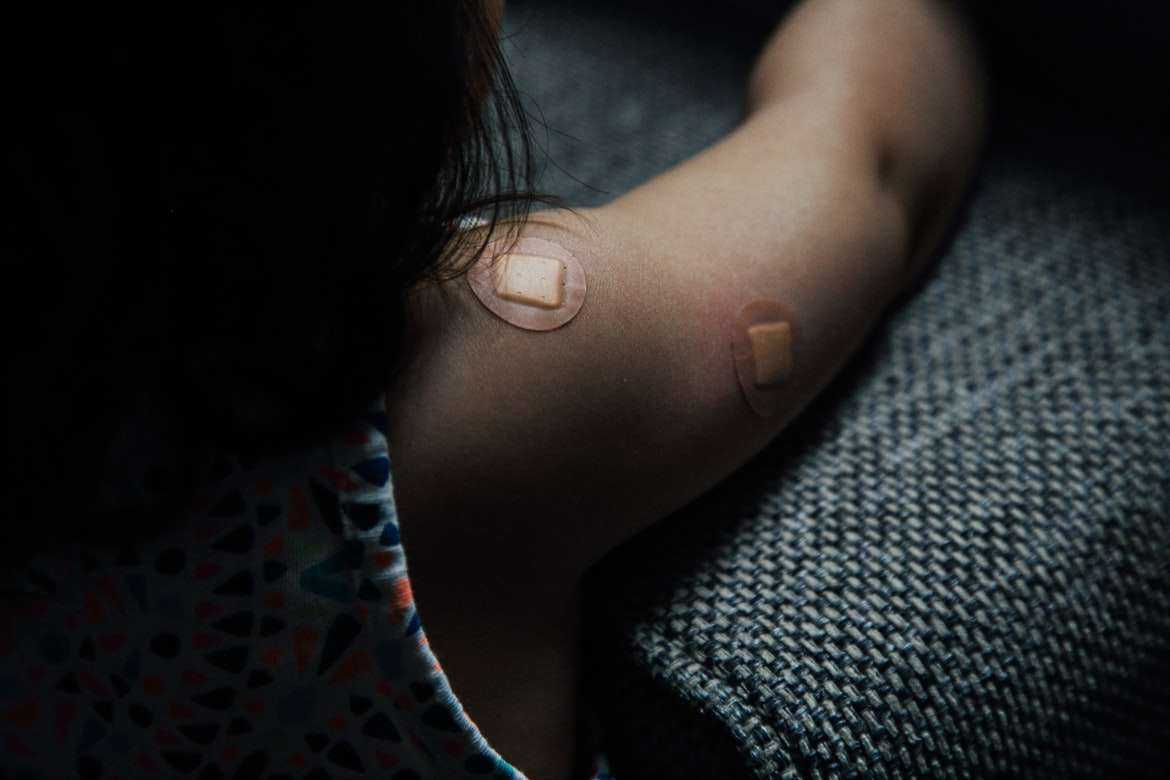BY PAUL JUNOR
It was a surprise to many parents, educators, teachers and education officials when the Minister of Education, Stephen Leece announced on Monday, July 6th that he is considering the de-streaming of Grade 9 in an interview with the Toronto Star. He stated, “The time is now to end this practice, and start giving racialized kids in schools a fair chance of success. The status quo is indefensible.”
Streaming of students into either an applied or academic pathway has been occurring since the 1990s, and Minister Leece expressed concerns that streaming and other related issues have equity implications. In a statement released by CBC Toronto on Monday afternoon, he stated, “It is clear that there is systemic discrimination built within the education system, whether it be streaming of racialized students, suspensions overwhelming targeting black and Indigenous kids, or the lack of merit -based diversity within our education workforce.” The Minister realizes that many of these issues are interconnected and overlapping and need a system approach.
On Thursday, July 9th in a news release from the Office of the Premier titled “Ontario Taking Bold Action to Address Racism and Inequity in Schools” the Ontario government announced bold new changes to the education system that will break down barriers for black, Indigenous and racialized students and provide all students with an equal opportunity to succeed. In order to ensure that this occurs, the statement outlines four things that the government will do. This includes ending Grade 9 streaming into spies and academic courses, proposing to eliminate discretionary suspensions for students, strengthening sanctions for teachers who engage in behaviours of a racist nature, and providing teachers with additional anti-racism and anti-discrimination training.
Streaming in Ontario has a long history and goes back to the 1960s with the removal of the departmentals, which were external exams that all students had to write before they graduate. At that time girls were channelled into secretarial science while boys were pushed into academic programs.
With the influx of West-Indians in the 1960s and 1980s and other non-Europeans into the Ontario education system there were many challenges and issues that arose. Several community-based organizations played an active role in advocating for changes to the system to help and support black students.
The Final Report of the Working Group on Multicultural Programs, which was released in 1976, and the Final Report of the Sub-Committee on Race Relations in 1979, looked at issues related to racism and came up with specific recommendations to deal with these them in Toronto schools. Organizations such as the Organizations of Parents of Black Children (OPBC) and the Canadian Alliance of Black Educators (CABE) have fought long and hard to ensure that black students were able to get an equitable education.
In 1985 George Radwanski was commissioned by David Peterson, the Liberal Premier to examine the dropout rate in Ontario schools. The subsequent release of the Radwanski’s report in 1987 made several recommendations, one of which was the de-streaming of high school. He summarized that, “Streaming is a theoretical error, a practical failure, and a social injustice.”
The Mike Harris Conservative Ontario government eliminated the general/advanced streaming system in 1999 and replaced it with the present applied/academic model due to pressures from the black community and others whose children were disproportionately placed in these lower level classes. Theoretically parents had the final say in deciding whether their children were placed in grade 9 applied classes or not, and students could move from applied to academic in grade 9 and 10 by taking a transfer course.
Many reports revealed the exact opposite was occurring. A report by Social Planning Toronto which was quoted in The Toronto Observer of September 27th, 2017 titled, “Still Streamed: How High Impact Decisions are Shaping Students’ Futures ” revealed that there is much confusion about streaming by students and parents. It showed that students from low-socioeconomic families are overrepresented in applied classes compared to those from high-income ones.
On April 24th, 2017, CBC News revealed the results of a report by Carl James, York University of Education professor that showed that 53% of black students were in academic programs as compared to 81% of white students. Conversely, 39% of black students were enrolled in applied programs compared to 18% of other racialized groups and 16% of white students. The report further notes that data from the TDSB shows that, “Black students continue to be directed towards essential and applied programs of study away from academic courses more than white and other racialized students.” Data from the PDSB also indicates the same pattern in the distribution of students.
Many of the responses to the de-streaming are supportive of Education Minister Stephen Leece for seeing de-streaming as an anti-racist issue. But many educational workers are concerned about how much money the provincial government will spend to ensure that there is support for teachers and students in a de-streamed classroom. There have been more resources and help for students who: have significant learning gaps, who are english language learners or who are in ESL classes. In addition, what will the curriculum look like for these classes? The Ministry of Education has not revealed details about what, and how students will learn in the future de-streamed world.
Ontario secondary school teachers in a statement released on Friday, July 10th states, “It is troubled by the Ford government’s refusal to provide details about major changes planned for publicly-funded education in Ontario, and the government’s unwillingness to commit adequate funding to accommodate those changes.
The proposal laid out by Minister of Education Stephen Leece, however, fail to provide significant details on how that will be accomplished. By all appearances, the Minister’s proposal falls short of that goal.”
There is much hope that there will be the release of funding information that will help boards plan, strategize and implement de-streamed classes.


 Community News2 weeks ago
Community News2 weeks ago
 Community News1 week ago
Community News1 week ago
 Community News1 week ago
Community News1 week ago
 Community News1 week ago
Community News1 week ago
 Community News2 weeks ago
Community News2 weeks ago
 Community News1 week ago
Community News1 week ago
 Community News2 weeks ago
Community News2 weeks ago
 Community News1 week ago
Community News1 week ago
























